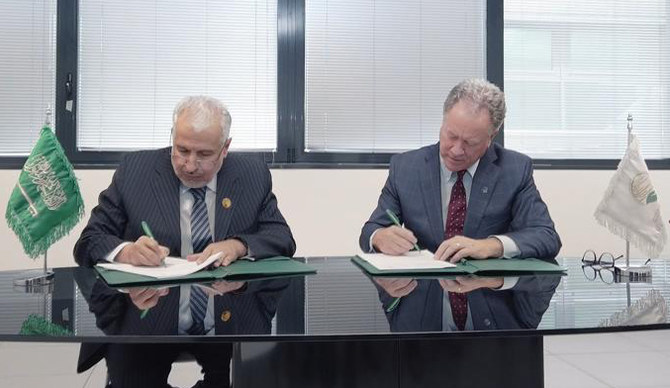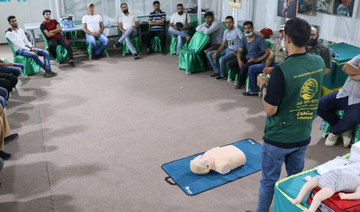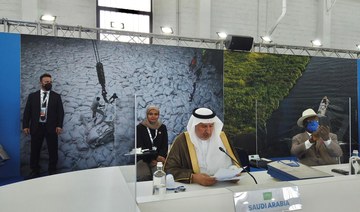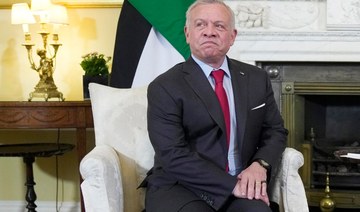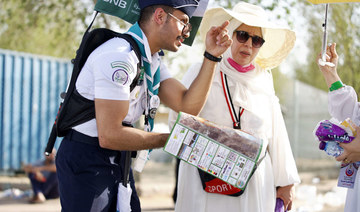BRINDISI: The King Salman Humanitarian Aid and Relief Center (KSrelief) and the World Food Program (WFP) on Thursday signed an agreement for a $60 million joint program to provide food for people facing the threat of famine in Yemen.
The cooperation agreement was signed in Brindisi, Italy, by Abdullah Al-Rabeeah, KSrelief’s supervisor general, and David Beasley, executive director of the WFP, on the sidelines of a G20 ministerial meeting on humanitarian issues.
The six-month joint program aims to provide 68,545 tons of food for more than 4.9 million people suffering from acute food insecurity in 15 Yemeni governorates.
Al-Rabeeah said that helping to meet the humanitarian needs of the Yemeni people remains a priority for Saudi Arabia, and that the Kingdom has consistently provided support for other countries during crises.
He added that the partnership with the WFP is an extension of the Kingdom’s existing humanitarian projects in Yemen, provided through KSrelief, the number of which now stands at 597 at a total cost of more than $3.771 billion.
The center has implemented 99 humanitarian projects in 24 countries in cooperation with the WFP, at a cost of more than $1.33 billion, he added, including 22 in Yemen worth more than $961 million, making the country the single biggest beneficiary.
FASTFACT
The six-month joint program aims to provide 68,545 tons of food for more than 4.9 million people suffering from acute food insecurity in 15 Yemeni governorates.
Beasley praised the Kingdom for its great support for efforts to save the lives of millions of people in Yemen. He also commended KSrelief for its distinguished strategic partnership with the WFP, which he predicted with continue and grow. He added that the aim of their cooperation is to provide humanitarian assistance to those who need it most, especially in light of the additional challenges created by the COVID-19 pandemic.
Al-Rabeeah also met on Thursday with Ibrahima Socé Fall, the assistant director general for emergencies response at the World Health Organization (WHO). They reviewed the strategic partnership between their organizations and Saudi Arabia’s important contribution, through KSrelief, to health programs for countries in need.
Fall praised the Kingdom for its humanitarian efforts and the key role it plays in partnerships with international organizations, in particular the WHO, which have helped alleviate the suffering of many people around the world.
KSrelief has implemented 21 projects in partnership with the WHO at a total cost of more than $141 million. They include help with efforts to address the effects of the COVID-19 pandemic, combat epidemics, provide basic nutrition for children, and improve access to safe water,.
Since it was established in 2015, KSrelief has implemented 1,616 projects worth almost $5.3 billion in 68 countries, in cooperation with 144 local, regional and international partners. According to a recent report by the center, the biggest beneficiaries of the center’s assistance are Yemen ($3.8 billion), Palestine ($364 million), Syria ($305 million) and Somalia ($206 million).
Its programs include projects that focus on food security, water, sanitation and hygiene, health, education, emergency aid, nutrition, early recovery and logistics.



